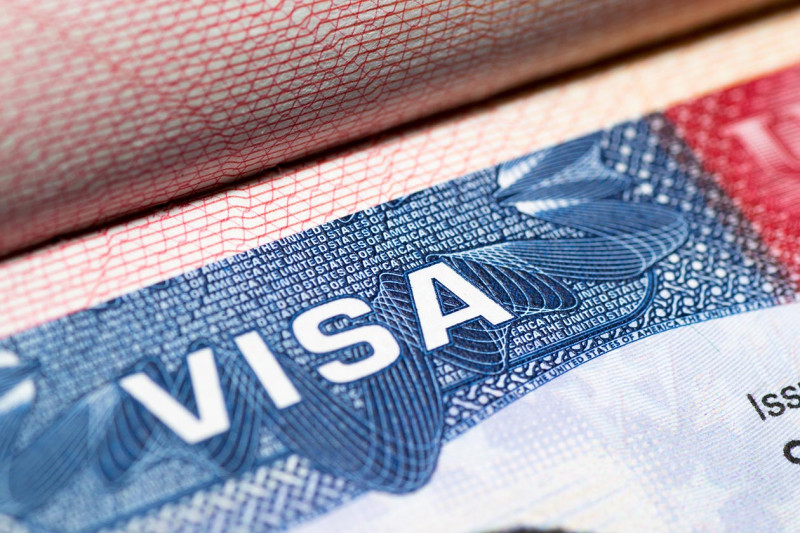UK Immigration Fees Set to Rise

On 15 September 2023, the UK government announced significant increases in immigration and visa fees, with changes set to take effect on October 4, 2023. The new Immigration and Nationality Regulations reveal a 15% surge in the cost of most work and visitor visas, alongside increases of at least 20% for priority visas, study visas and certificates of sponsorship.
Notably, the fee for applying for a student visa from outside the UK will rise by a substantial 35%. While these changes are intended to bolster the UK's migration and borders system financially, they raise important questions about the impact on individuals, businesses, and the broader immigration landscape.
The Financial Implications
The Home Office's press release justifies these fee increases as a means to augment fee income contributions to cover costs within the migration and borders system. By making the system more self-funded, the government aims to free taxpayer funding for other purposes. In the 2021/22 fiscal year, income from immigration fees amounted to £1.9 billion, while the operating costs of the system stood at £4.8 billion. The proposed fee increases are estimated to generate approximately £184 million in the 2023/24 fiscal year and approximately £562 million in the 2024/25 fiscal year.
The House of Commons Library highlights that the income generated from immigration fees has steadily increased over the years. From £184 million in 2003, it reached a significant £1.5 billion in 2021. This figure does not include the £1.4 billion generated from the Immigration Health Surcharge (IHS) and £349 million from employer levies. The data underscores the growing reliance on immigration fees as a source of revenue for the UK government.
Impact on Applicants and Businesses
While the government's intention to reduce taxpayer reliance on immigration costs is understandable, the substantial fee hikes pose challenges for individuals and businesses alike. International students, for example, may face significant financial burdens as the cost of student visas increases by 35%. This could deter talented students from choosing the UK for their education, impacting the country's position as a global education hub.
Furthermore, businesses relying on overseas talent may also feel the effects, with increased costs for sponsorships and visas potentially affecting their ability to recruit and retain skilled workers. The overall impact could manifest in reduced economic growth and innovation.
Future Developments
It's noteworthy that the planned 66% increase in the Immigration Health Surcharge (IHS) was not included in these recent changes but is expected to be introduced later in the autumn. This additional increase will further affect those seeking entry to the UK, adding to their financial burden.
The decision to raise immigration and nationality fees in the UK reflects the government's broader strategy of making the immigration system self-sufficient. However, it also places a considerable financial burden on individuals, students, and businesses. These changes could potentially impact the country's attractiveness to international students, skilled professionals, and investors. As the fee increases take effect, it remains to be seen how they will shape the UK's immigration landscape and whether they achieve the intended financial objectives while maintaining the country's reputation as an open and welcoming destination for talent and investment.
If you feel your business could benefit from further advice regarding immigration fees, we would be happy to assist you.
Please contact Zanthe Meijer from the LP Employment Team on zmeijer@leathesprior.co.uk for more information.


